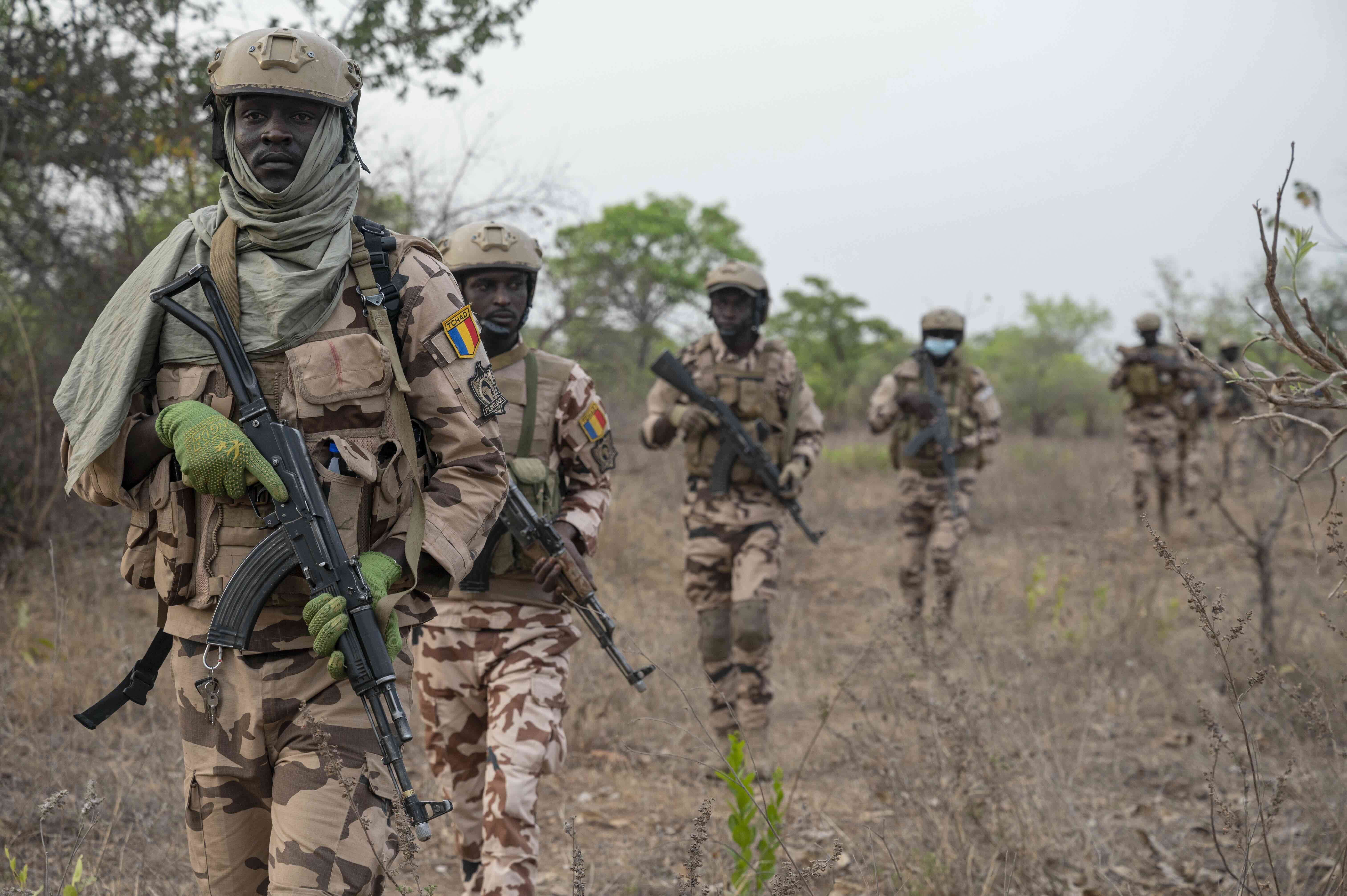The Pentagon will soon withdraw 75 Army Special Operations personnel operating in N’Djamena, the capital of Chad, responding to demands from African governments for changes in the terms of US military presence. This development in Chad coincides with a similar reduction in Niger, where approximately 1,000 troops are set to be withdrawn. These decisions reflect a broader negotiation over the terms under which US forces are stationed in these countries, with both Chad and Niger seeking arrangements more favorable to their national interests.
The move comes as a direct response to a letter from the Chadian government earlier this month, which signaled a potential end to the Status of Forces Agreement (SOFA) with the United States. This agreement outlines the legal conditions for the presence of US military personnel in Chad. While the letter stopped short of explicitly ordering US forces to leave, it demanded their exit from a French-operated facility in N’Djamena, where US personnel have been based.
US officials remain hopeful that negotiations on security cooperation can resume following the upcoming elections in Chad on May 6. However, this withdrawal occurs amid a shift in regional dynamics, with some African nations, including Niger, Mali, and Burkina Faso, exploring closer security ties with Russia. This realignment poses significant challenges for US strategic interests in the region, particularly in the context of counterterrorism and security policy in West and Central Africa.
Expanded Coverage:







